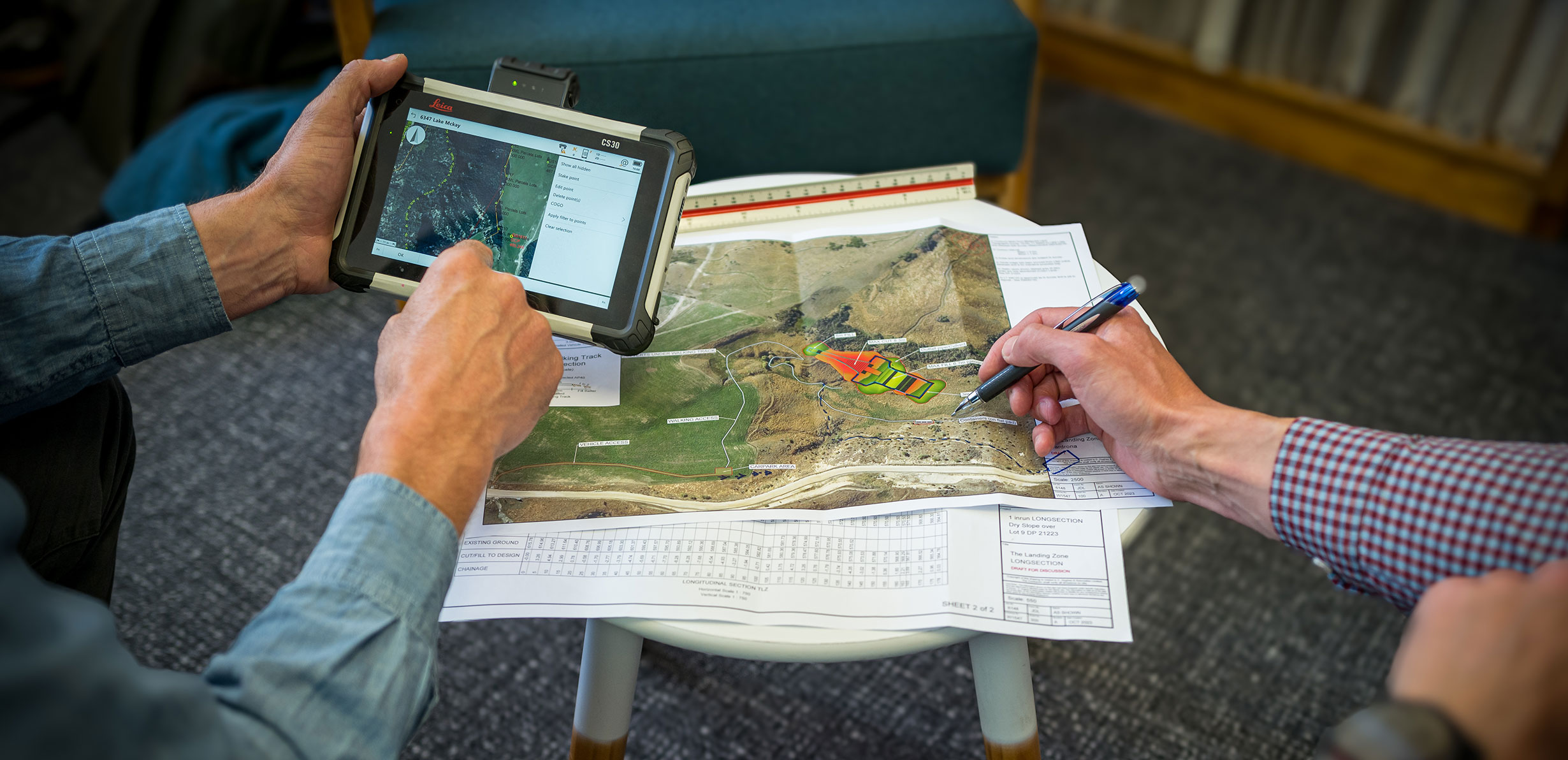Resource Consent Applications 101

Resource consents (and applications for resource consents) are currently managed under the Resource Management Act 1991 (RMA) system, which is an effects-based system for managing natural and physical resources, and proposed activities that might have effects on these resources.
We understand that the resource consent process and requirements can be difficult to follow, and the prospect of seeking a resource consent can therefore be quite daunting.
Being distinctly different from a building consent (which is required in relation to proposed building work under the Building Code), a resource consent may be required for a variety of reasons under a district or regional plan, or under a higher order statutory document such as any regulation under the RMA.
Types of Activities & Whether Resource Consent is Required
RMA regulations are prepared by central government, and district and regional plans are prepared by individual local authorities (councils); however, both the plans and regulations are generally administered by councils to govern the types of activities that may be carried out at a district or regional level (whether as of right or through a resource consent). Activities are broken down into the following categories (in order from least to most restrictive):
- Permitted Activities are directly anticipated and allowed for by a regulation or a district or regional plan without any need for a resource consent, if they comply with all aspects of the relevant regulation or plan.
- Controlled Activities are directly anticipated and allowed for by the relevant regulation or plan, but resource consent is still required for these to proceed. These activities are required to comply with specific standards / requirements in the regulation or plan, and control has been reserved in relation to specific matters. The council must grant consent for controlled activities, but they may impose conditions with respect to the matters through which control has been reserved.
- Restricted Discretionary Activities are allowed for by the relevant regulation or plan, but they are not necessarily directly anticipated and resource consent is required, with discretion being restricted to specific matters. The council may refuse to grant consent if these matters are not satisfied, or they may grant consent subject to conditions with respect to these specific matters.
- Discretionary Activities are allowed for by the relevant regulation or plan, but they are not necessarily anticipated and resource consent is required, with the council having full discretion in the assessment of these activities. The council may refuse to grant consent on any grounds, or they may grant consent subject to any conditions they consider appropriate.
- Non-complying Activities are those which contravene a rule in the relevant regulation or plan, particularly as the potential adverse effects of these activities may be significant, and resource consent is therefore required. The council may refuse to grant consent on any grounds, or they may grant consent subject to any conditions they consider appropriate. Applications for non-complying activities receive the most rigorous assessment.
- Prohibited Activities are those which are expressly forbidden by the relevant regulation or plan, and for which no resource consent may be applied for or granted.
Consent Application Requirements & Notification
The requirements for resource consent applications vary depending on the type and category of activity being applied for. Sometimes the requirements are clearly outlined in specific assessment matters (for controlled or restricted discretionary activities), and the application documents/evidence can therefore be prepared accordingly. Other times, the required evidence is determined by the council, and a council officer may decide that an application is incomplete and require further information to process the application. Similarly, certain types and categories of applications may be notified, meaning that affected persons or groups, or the general public, are given notice of the application and they are therefore provided the opportunity to submit on the application.
Councils will generally make a notification determination at an early stage of the application processing, and this provides an applicant with an opportunity to consider whether to proceed with the application. An applicant may ask the council to put an application on hold if they wish to seek approval from affected parties themselves or obtain further information in response to council processing.
The Hearing Process
Sometimes the council staff will require the application to be decided at a formal hearing. The decision on whether a hearing is necessary is another process in itself, but is dependent on the activity status, and whether any notified parties have submitted in opposition. The hearing process requires preparation and pre-circulation of evidence. The proposal and evidence is then presented to a panel of independent commissioners. Hearings are generally open to the general public, and the commissioners may adjourn the hearing if they require further information prior to their deliberations and decision making.
Resource Consent Decisions
Whether or not an application proceeds to a formal hearing, the format of the final decision will often be much the same. The decision document will outline the type of consent (together with any relevant background), the reasons for the application, the assessed effects on the environment and persons, and the notification decision (particularly where this has not been provided as a separate decision/report). If consent has been granted, the decision document will then include the conditions of consent, any relevant charges/contributions that might be payable, advice notes, and the relevant appendices (approved plans etc). The document may also specify the consent lapse date, though this is generally five years from the date of issue (unless otherwise specified).
We Can Help!
The team at Coterra have extensive experience preparing consent applications and managing consent processes, particularly in relation to subdivisions, but also for other types of land use and development. The Coterra team are therefore well positioned to assist and are always happy to discuss proposals and likely application processing pathways and outcomes.
Contact Coterra to have an initial, no obligation discussion about your proposal!

